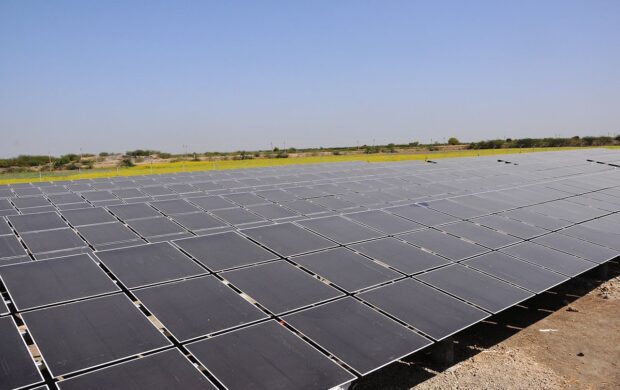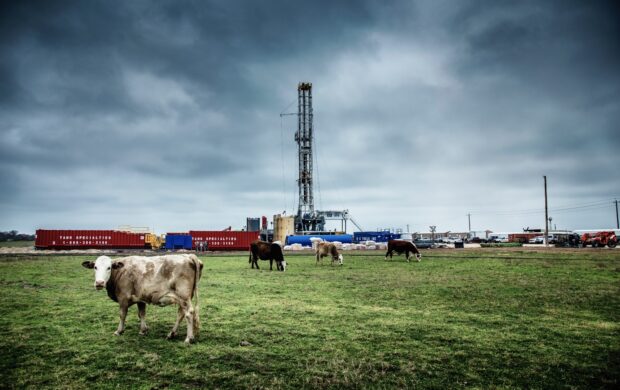New Zealand’s long-awaited emissions analysis – arguably the most important to date – warns the country is on track to fall millions of tonnes short of hitting targets under current climate-change policies. The just-released report sets three new targets which includes average reductions of 36% per year by 2035.

Priority areas for action include increasing the number of electric vehicles on the roads, increasing the total renewable energy, improving farm practices and planting more native trees to provide a long term carbon sink. Further work should be done to review what reductions in methane are necessary by 2100.
So what?
Will New Zealand act to ensure the transition is fair and equitable to people and the environment? Care should be taken to make sure climate related policies do not further compound historic grievances for Māori. All things are connected: the people, the land, the atmosphere, the oceans. This connectivity – material and non-material – is central to Te Ao Māori. Can New Zealand lead the way in setting an example to the rest of the world in terms of how to make a transition to a net-zero carbon economy?



















Join discussion